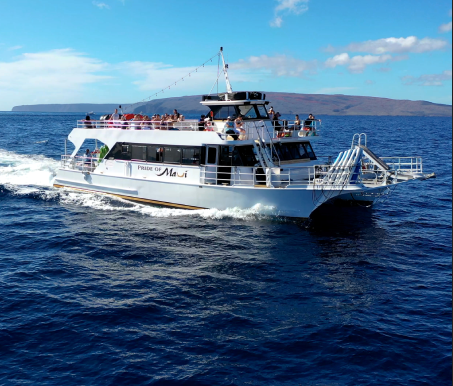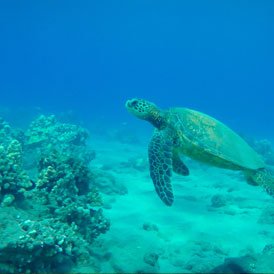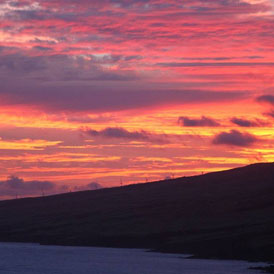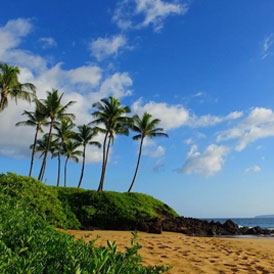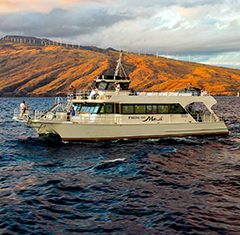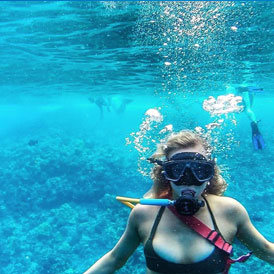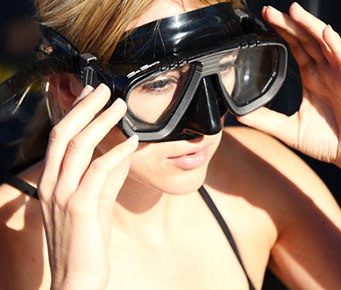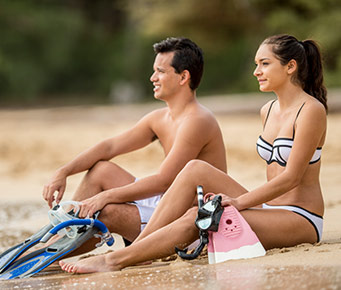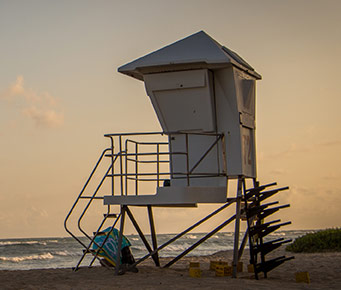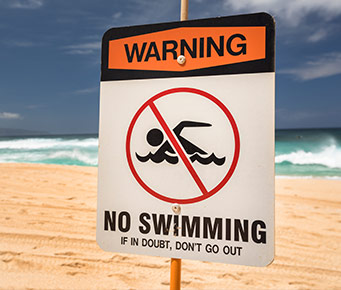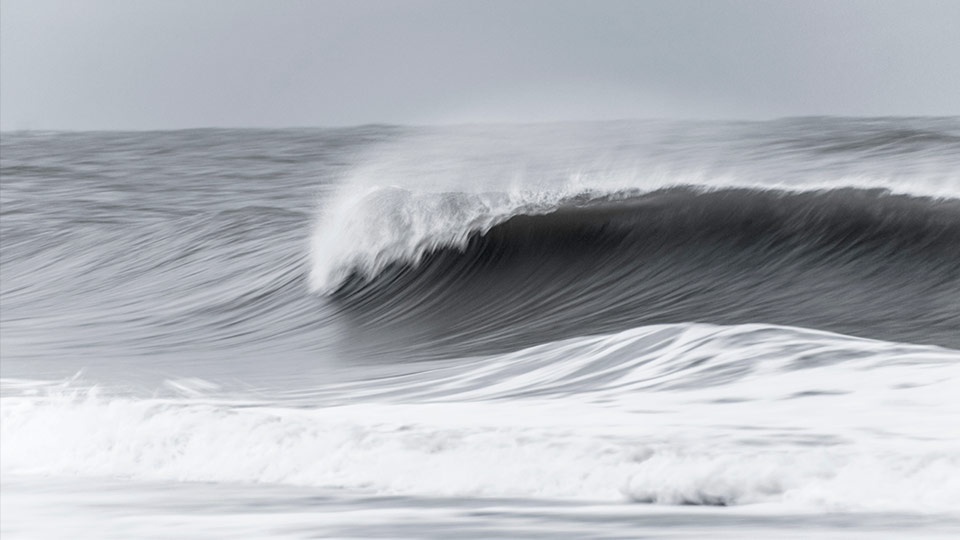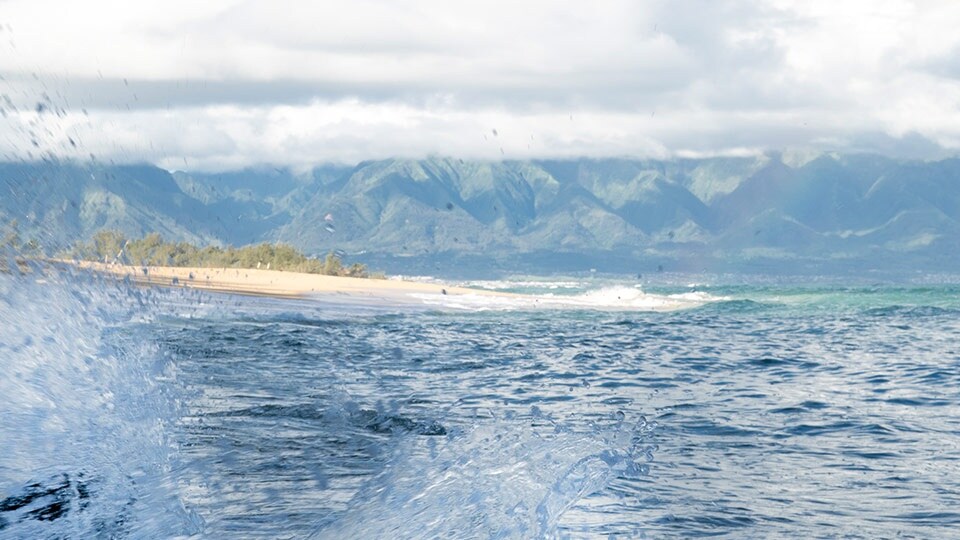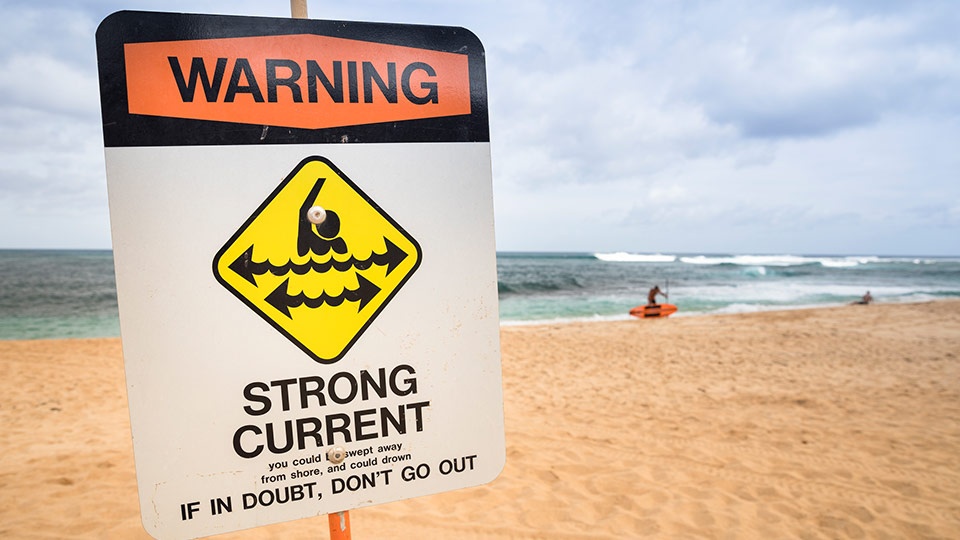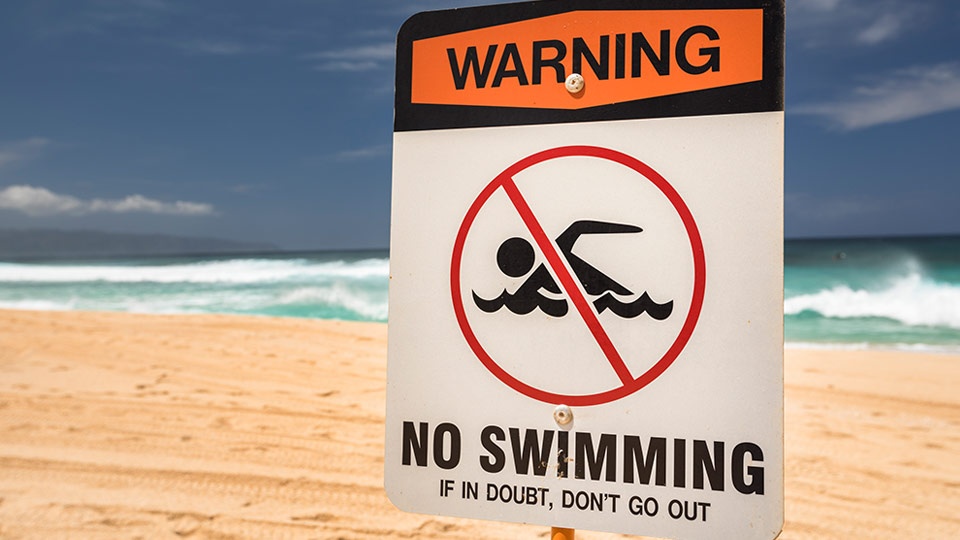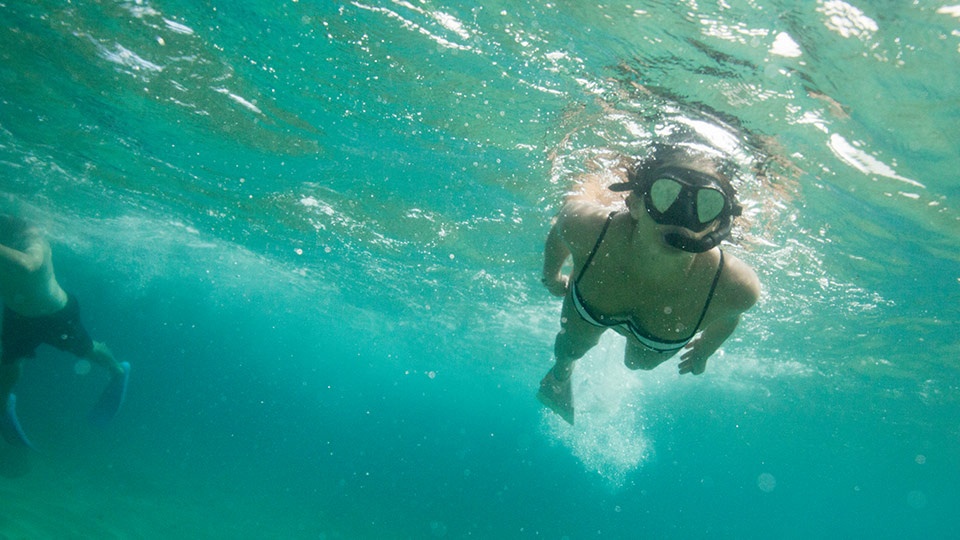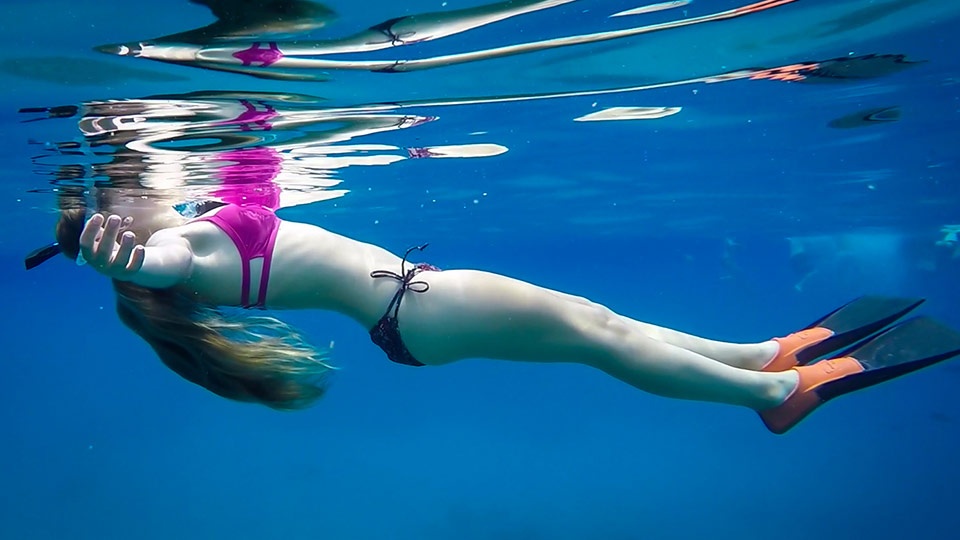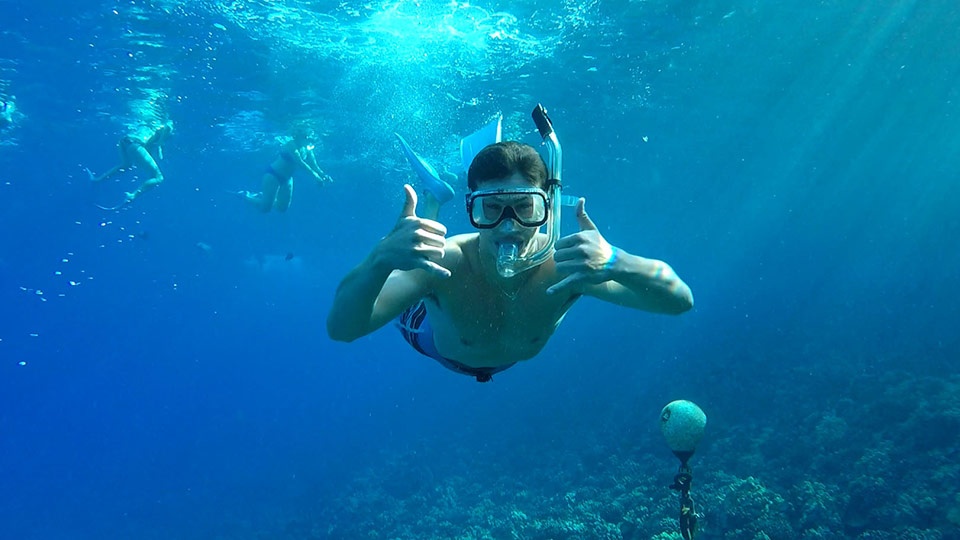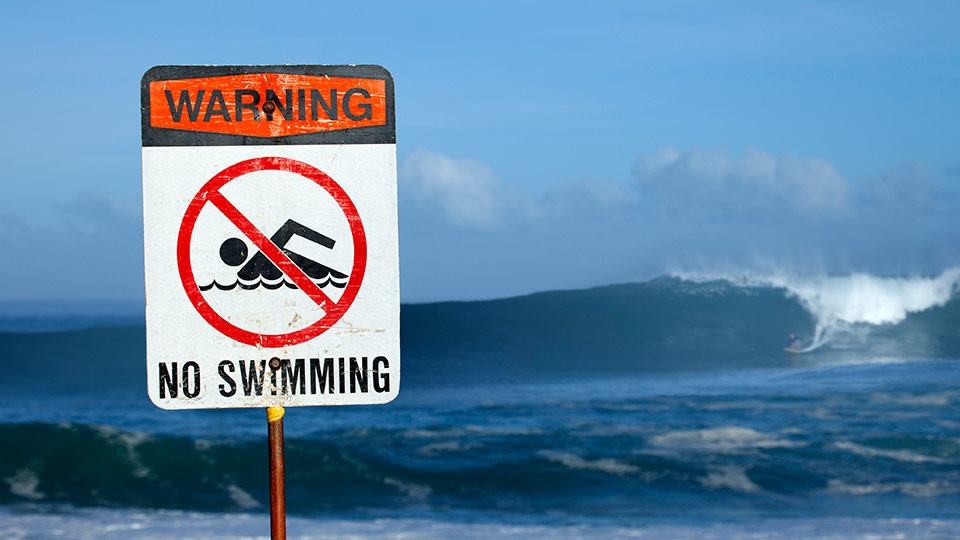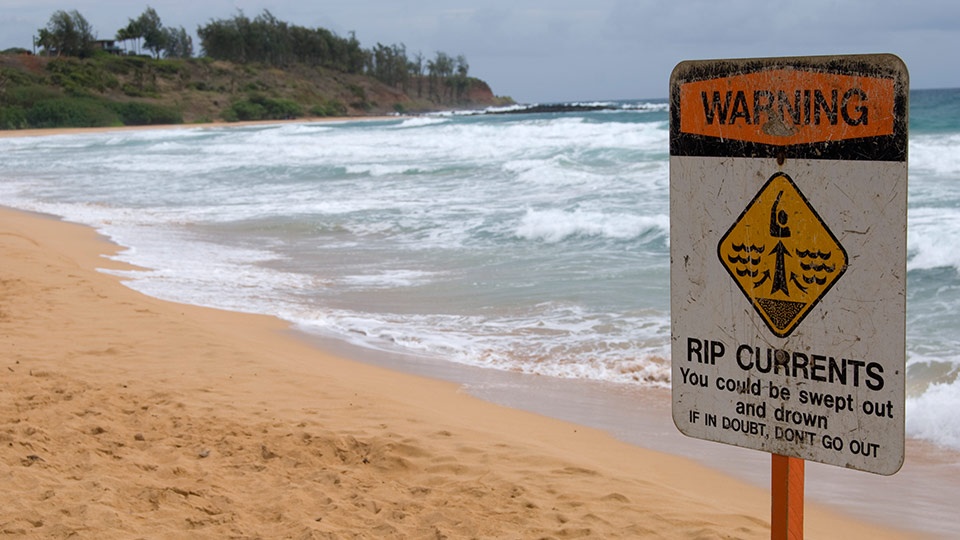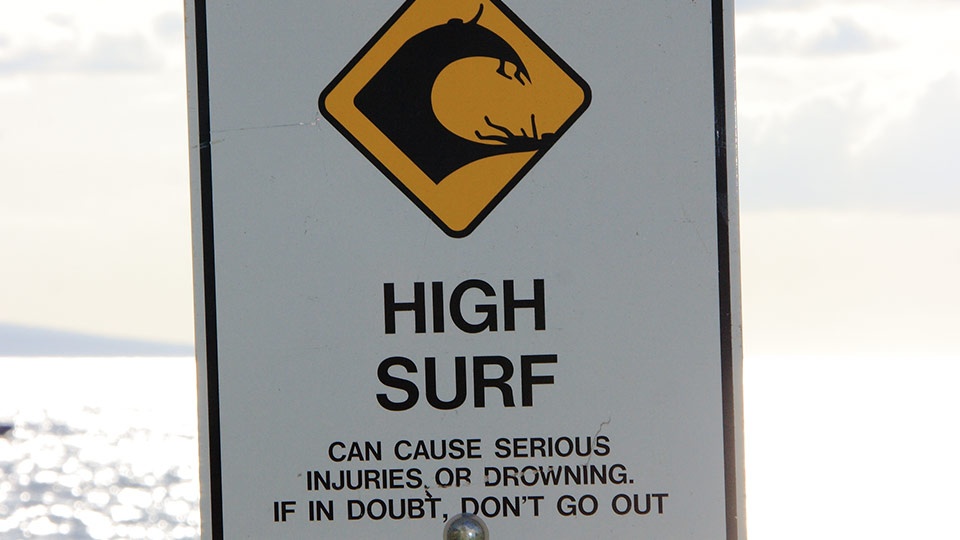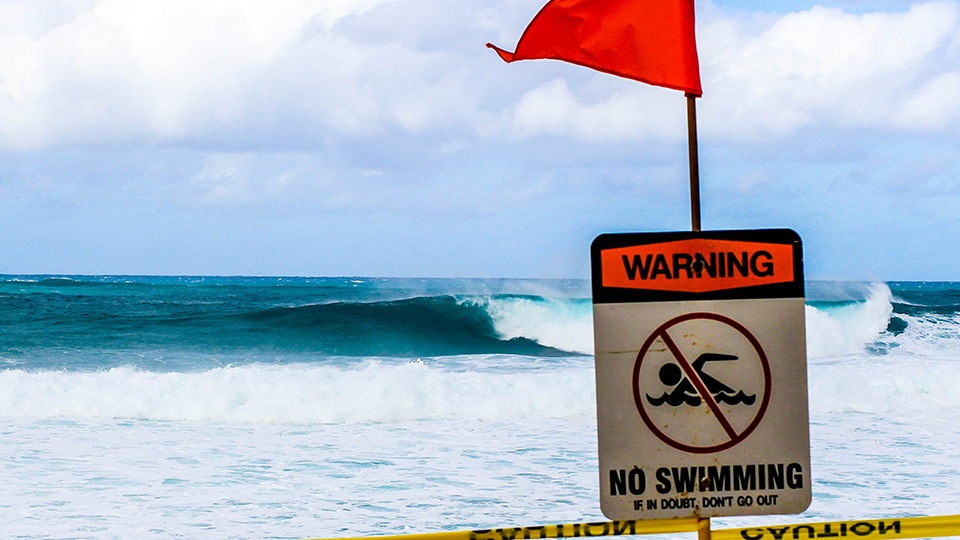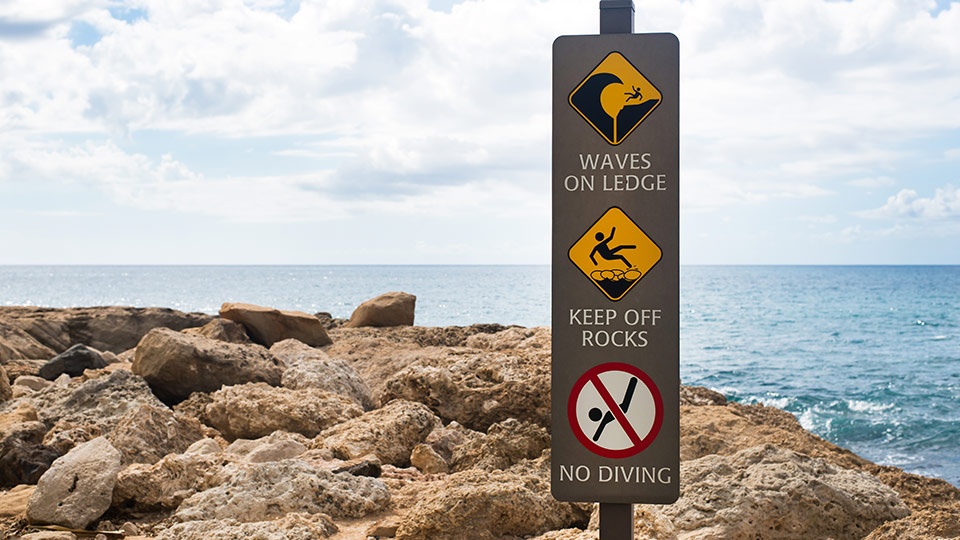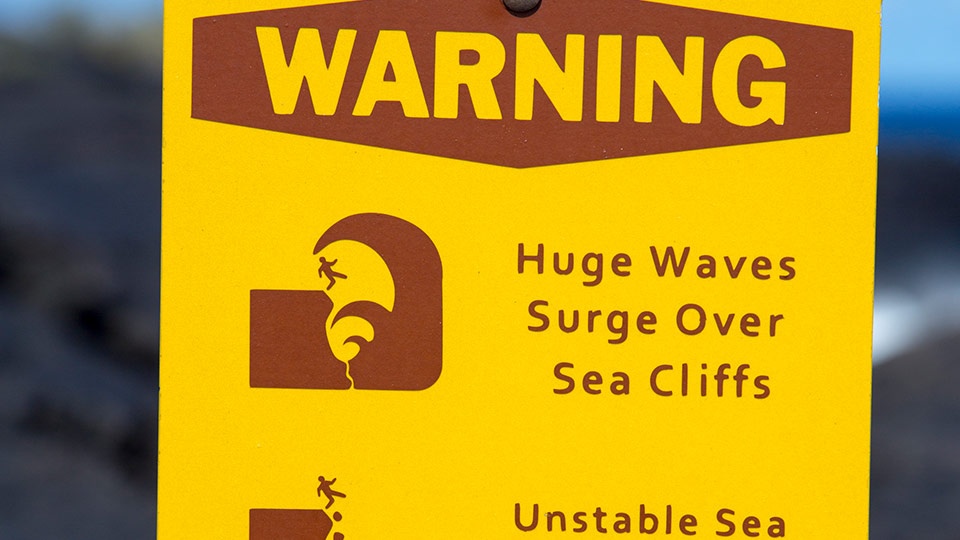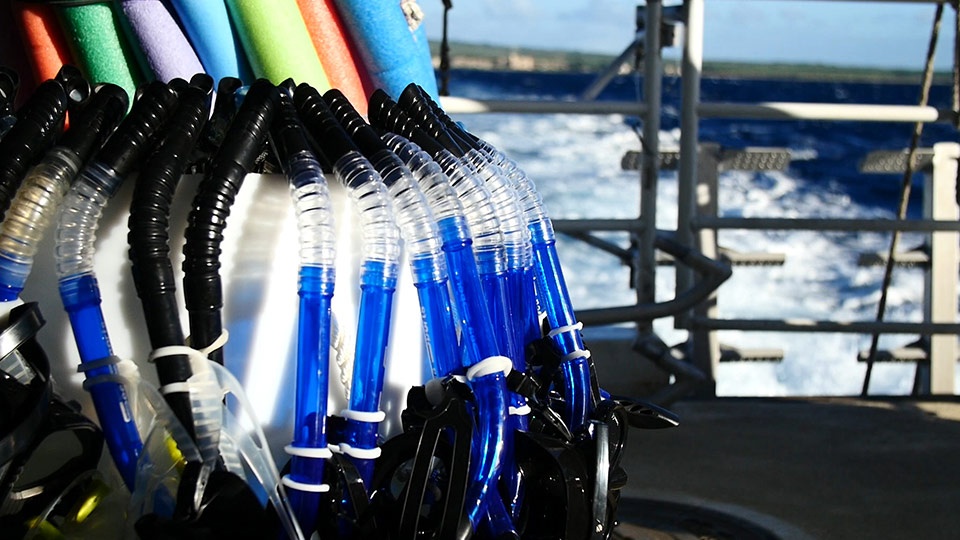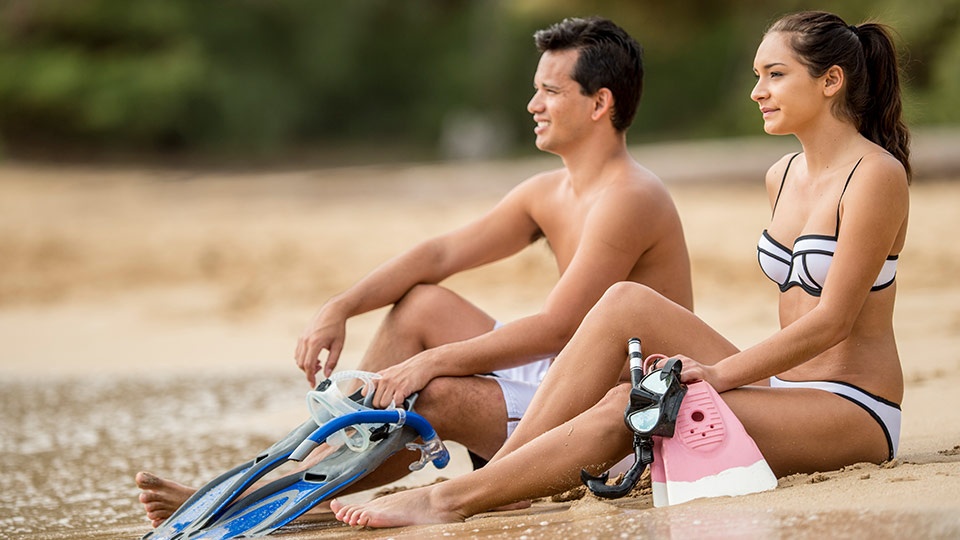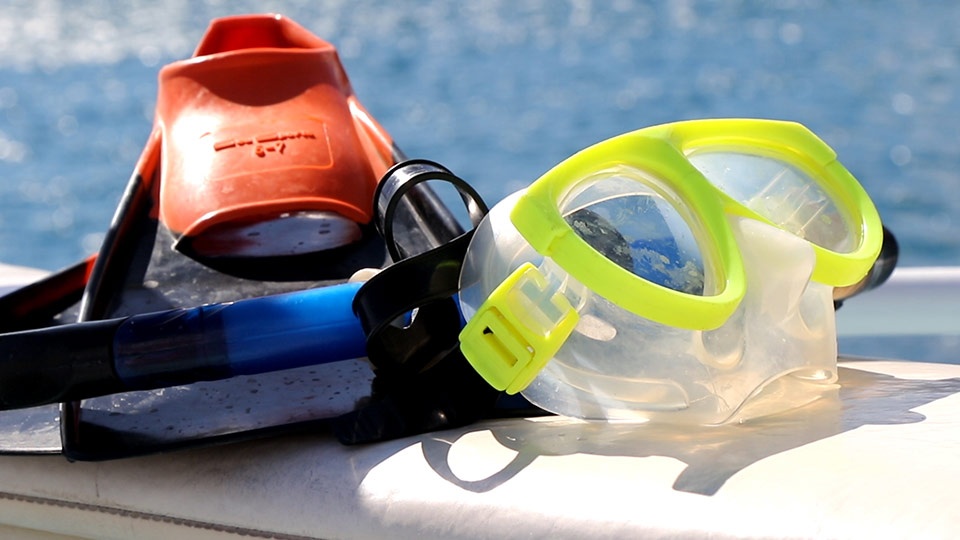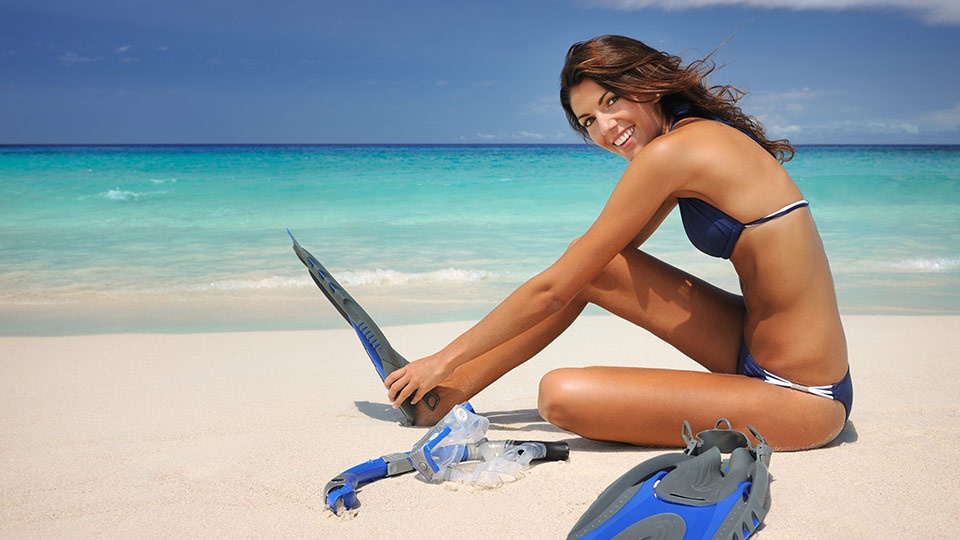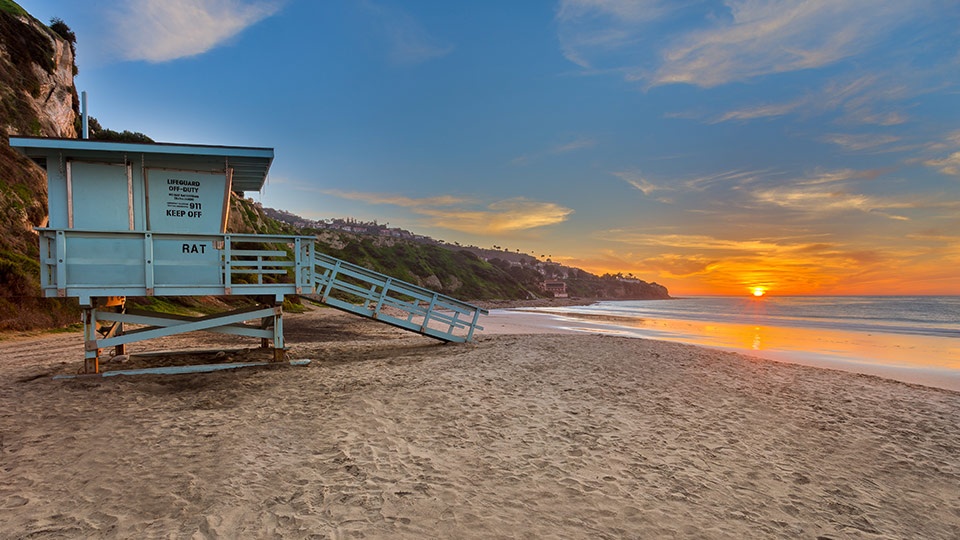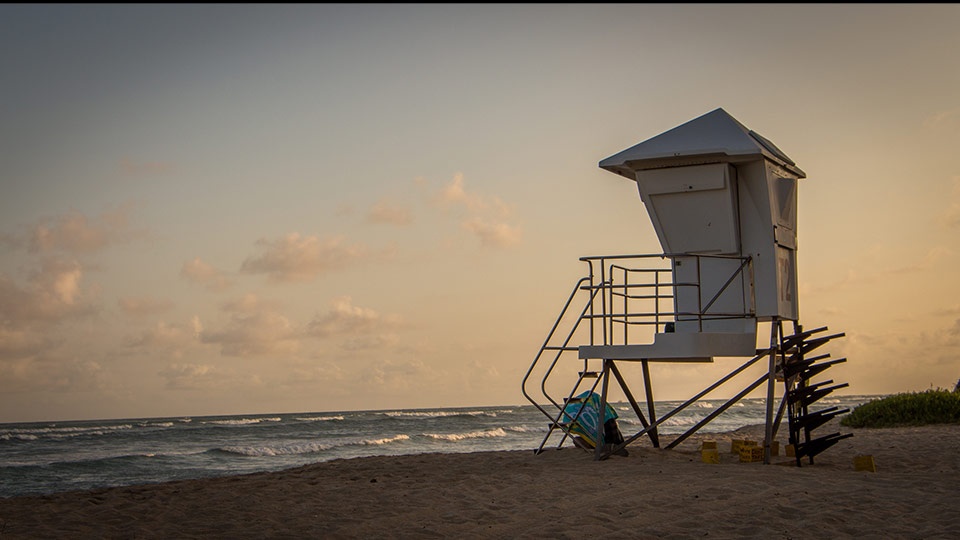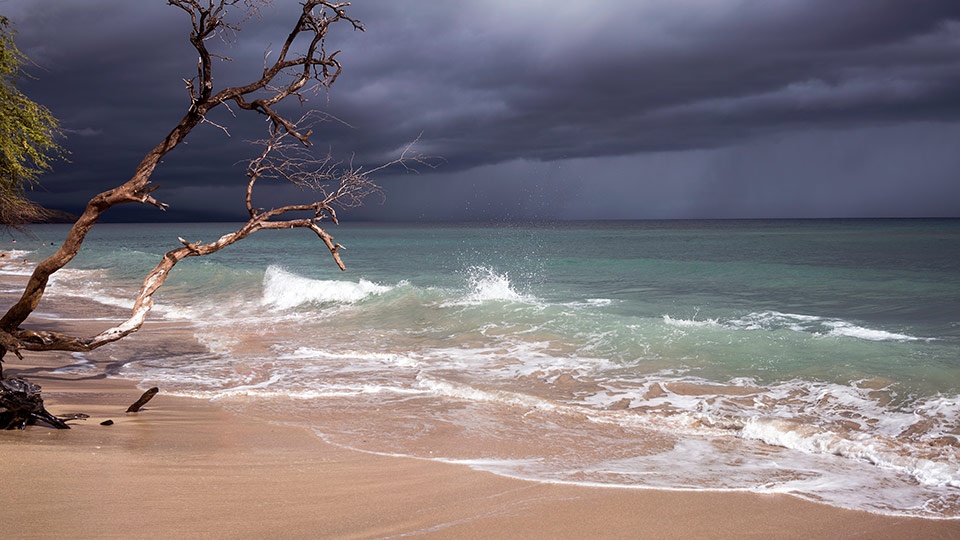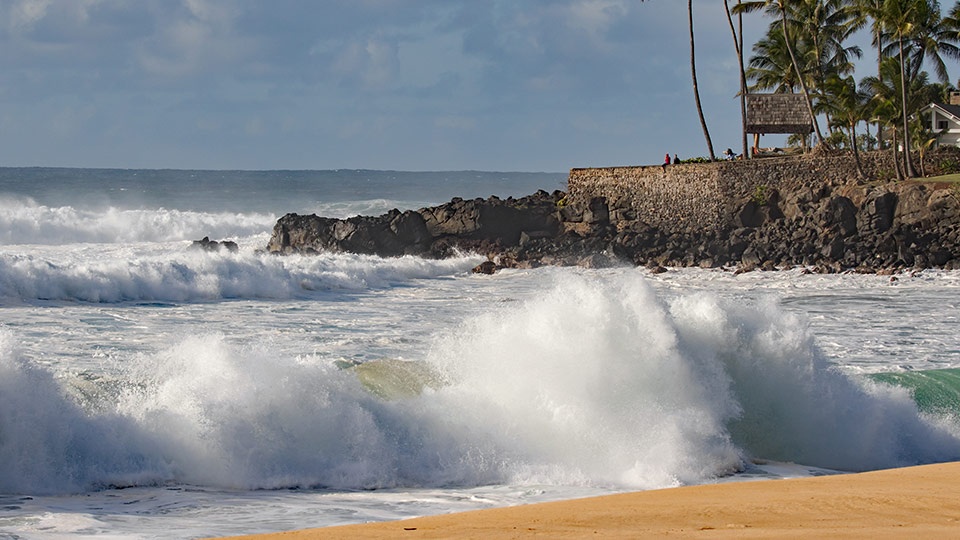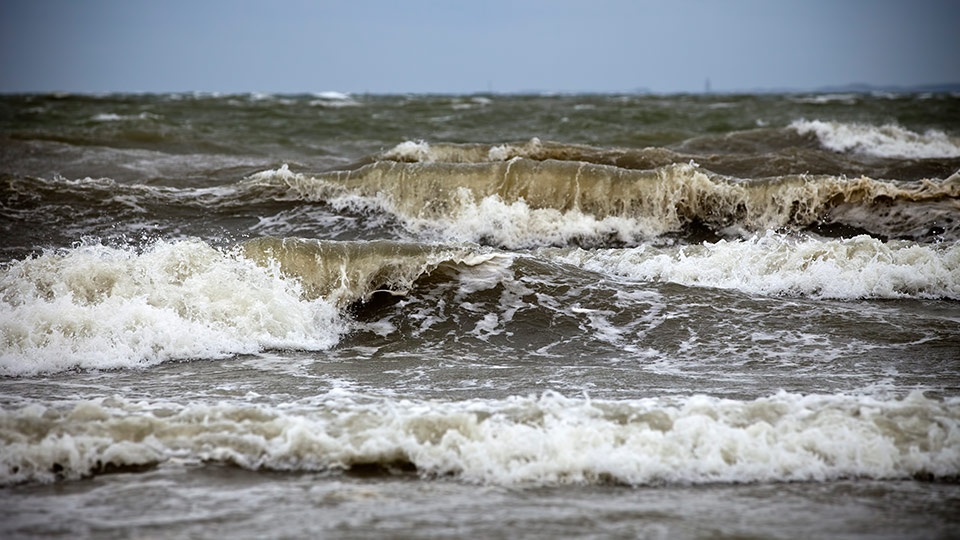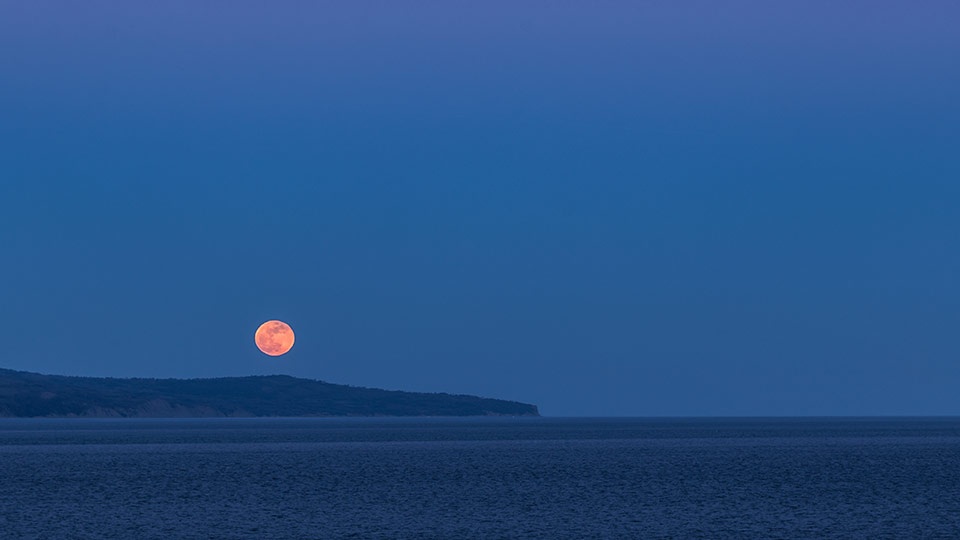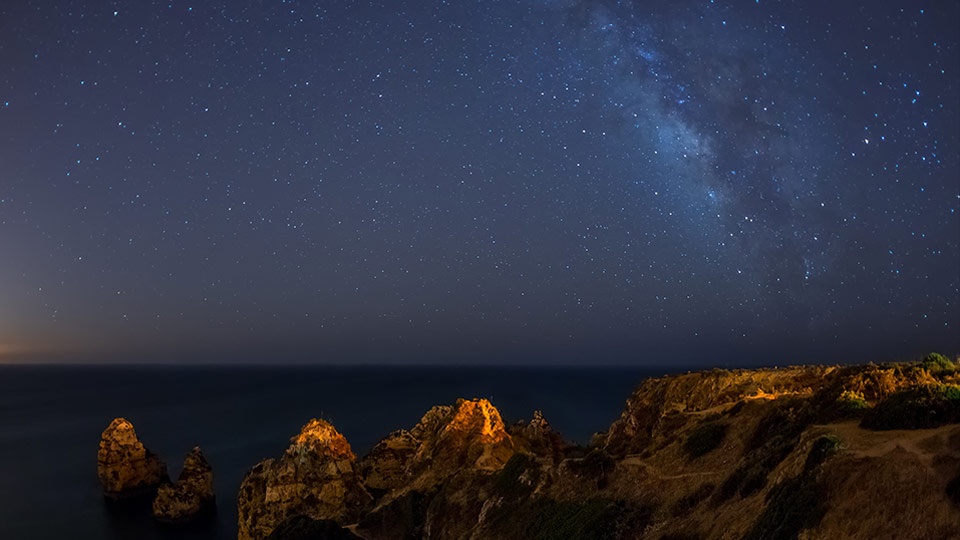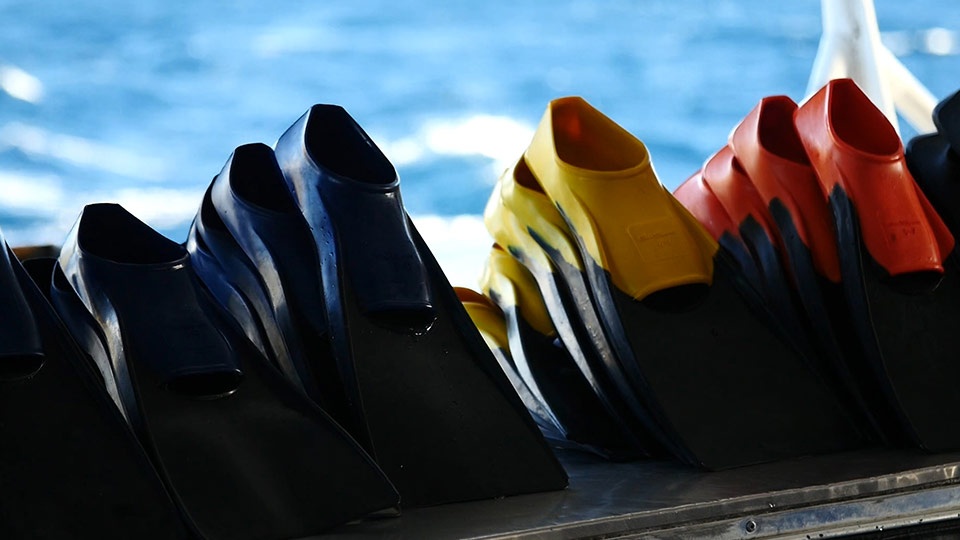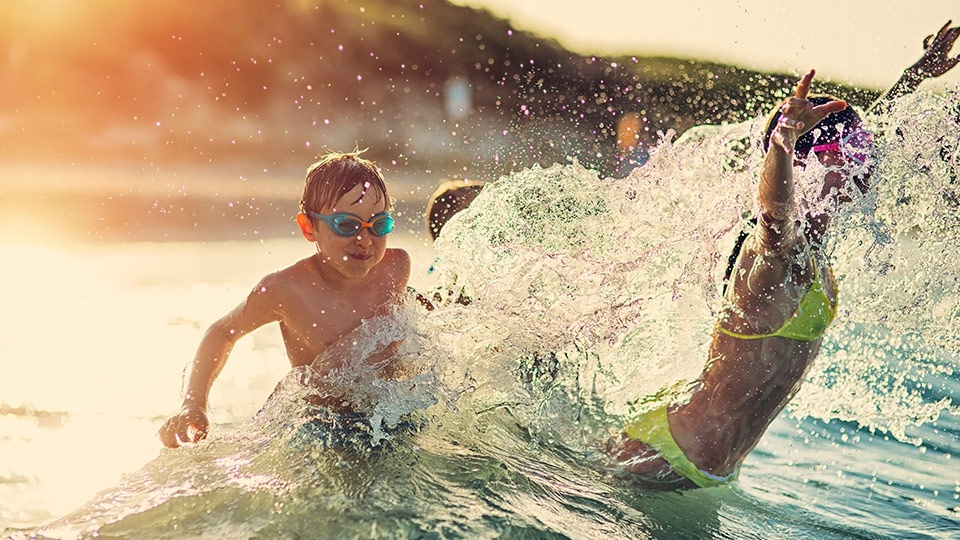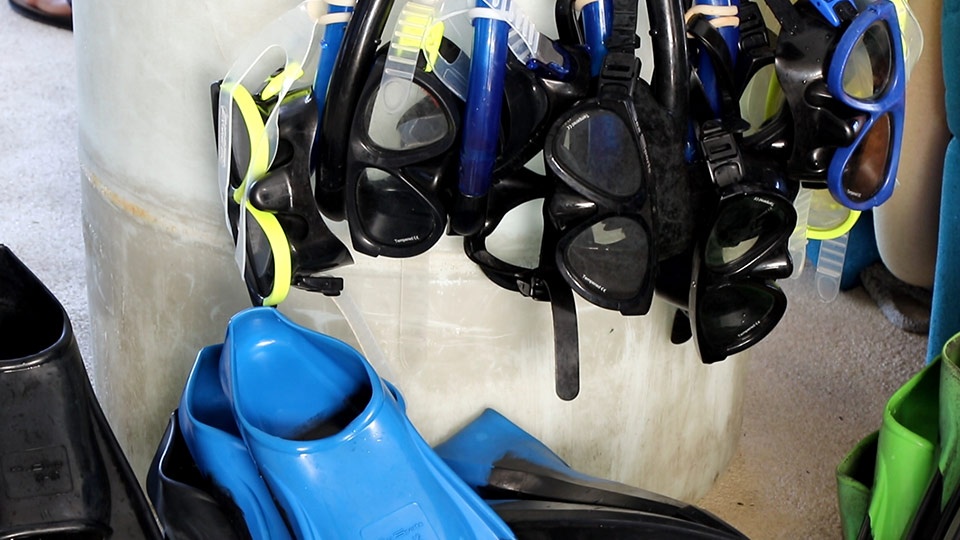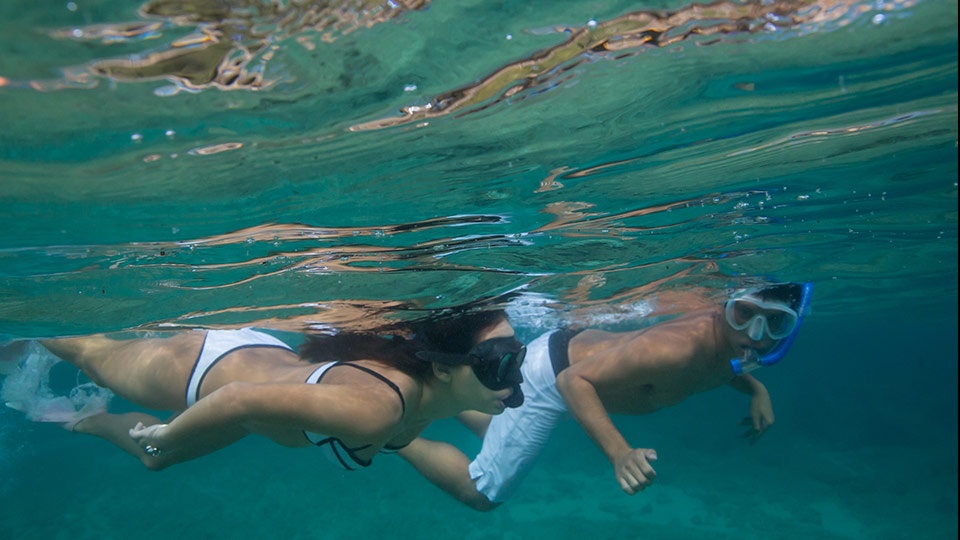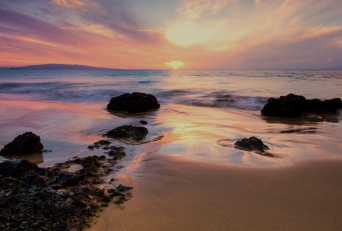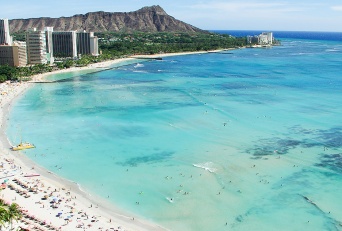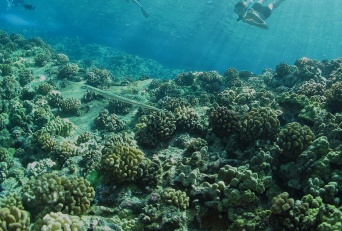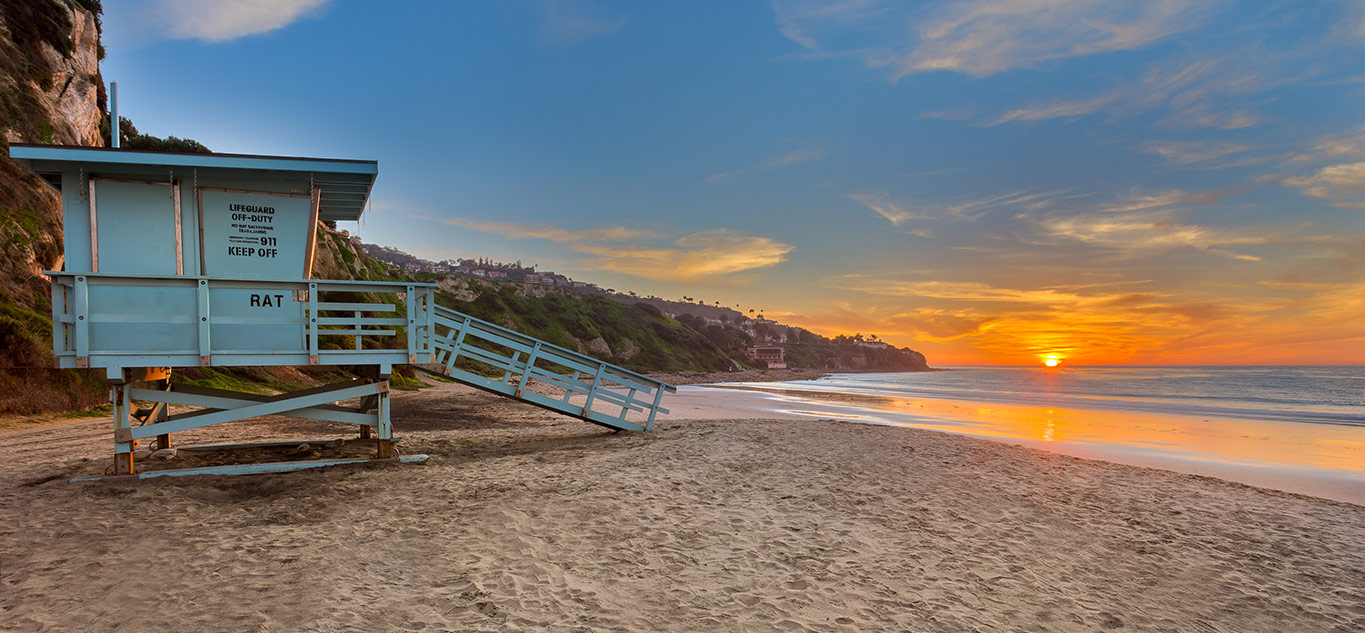
The best
ways to stay
safe on vacation
in Maui
When discovering Maui, you are a visitor from a foreign land. You will see and experience many things that are new to you, and that may even include the Pacific Ocean. In order to inform and help our visitors stay as safe as possible while visiting the Valley Isle, we have created this Maui Beach Safety 101 guide.
We wish you the best vacation of your lifetime and ask that you read through this guide so that you can keep you and your family safe during your next visit to Maui. Aloha…
Never Turn Your Back on the Ocean
Rule #1 of ocean safety is to Never Turn Your Back on the Ocean! This popularly used term is a phrase that was actually coined by Hawaii’s very own surf legend, Duke Kahanamoku. The motto actually infers two reasons why- 1) watch out for dangerous waves and 2) respect the ocean. This rule cannot be stressed enough, and not following this rule is one of the major reasons for accidents that happen in and out of the water (throughout the world).
If in Doubt, Don’t Go Out!
Here’s a commandment to live by: If in Doubt, Don’t Go Out! The ocean is very burly, very strong and at times unpredictable. 71% of the Earth’s surface is covered in water which makes it the most powerful element in our natural environment.
Never Snorkel Alone
In terms of Maui snorkeling safety, never snorkel alone. The ‘buddy system’ is a great practice to adopt while snorkeling anywhere. Why? Because it’s just the safest choice, and if you find yourself in need of help you won’t be alone.
Heed All Posted Safety Signage
When on Maui, please heed all posted safety and warning signage. A variety of signage is posted all across the Island of Maui by the Hawaii Lifeguard Association, U.S. Coast Guard, County of Maui, Department of Agriculture, Department of Land and Natural Resources (DLNR) and more. If you ever see safety and warning signage at Maui beaches, make sure to obey their requests. Safety signage could be posted about rogue waves, dangerous shore breaks, shark sightings, brown water events and more.
Use Proper Gear
When planning your amazing Maui vacation, there is so much to research and discover! Besides figuring out where to stay, what to pack and what to explore on Maui, you definitely want to do the right research in terms of obtaining the proper gear. Not only do you want to use the proper gear, but you also want to make sure it fits you and that it’s appropriate for the Maui ocean activity that you intend on using it for.
Go to Beaches with Lifeguards
Unless you’re visiting from a coastal area, many of Hawaii’s first time visitors have actually never even seen the ocean before! Yes, that may seem wild, but it is in fact very true. The ocean is a gorgeous entity, but very powerful. Even if you believe that you’re a strong swimmer, consider all parties in your group. There are many different types of beaches on Maui. Some are great for swimming, some are great for snorkeling, some are awesome for water sports and many are more appropriate for small children and kids, seniors and people that have little or no experience in the ocean.
Research Maui Beaches
& Check Weather Reports
Researching Maui’s beaches and checking weather reports for the area is something that is commonly overlooked by visitors. When you live on Maui, researching Maui’s beaches and checking weather reports is a thought that almost becomes innate. Residents have grown accustomed to the seasons and the weather patterns, so they use beach and weather information to their advantage to avoid certain conditions, rain outs or to be able to maximize on their beach day.
& Check Weather Reports
Don’t Swim in Brown Water
Unfortunately, ‘Brown Water Events’ are becoming increasingly more frequent throughout the Hawaiian Islands. Brown water events happen due to many reasons: toxic storm runoff, forest fires, development waste, agricultural waste, contaminated wells, watershed to reef drainage and more.
Avoid the Ocean During
Early and Late Hours
You may have heard this tip before! It’s always best to avoid the ocean during early and late hours. Do not swim in the ocean in the dark, and if you are a visitor and arrive at the beach early, do not enter the water until a lifeguard is on duty (at a designated State Beach Park). If it’s time for the lifeguards to leave for the day, it’s best to err on the side of caution and exit the ocean.
Early and Late Hours
Safety Equipment & Supplies
There’s a variety of safety equipment and supplies that you can be prepared for when visiting the beach on Maui.
Mahalo for Reading Pride of Maui’s Maui Beach Safety 101 article.
Do you have any other Maui Beach Safety tips to add to our list?
